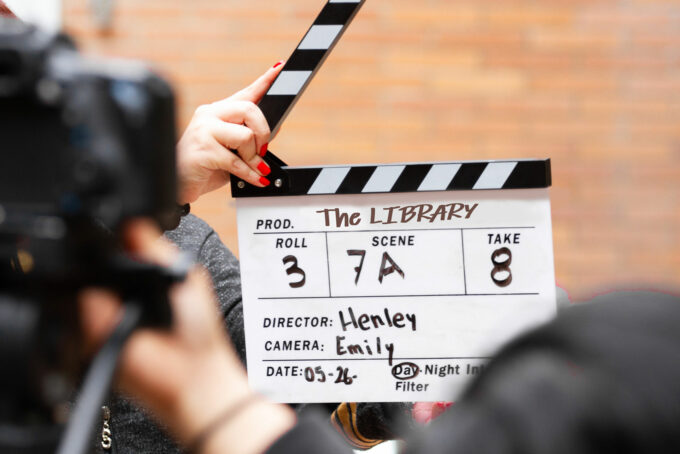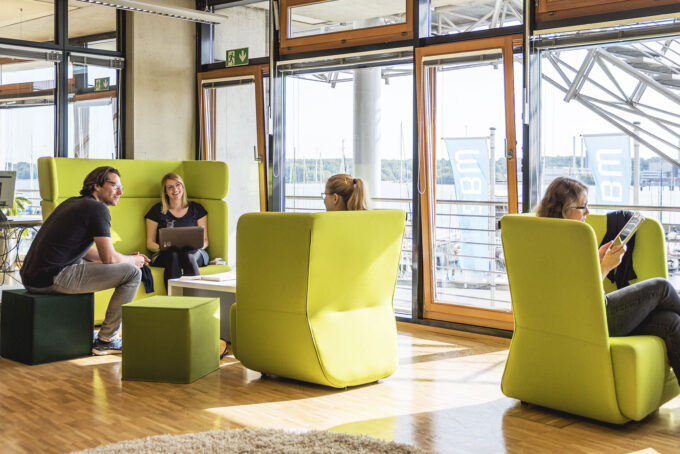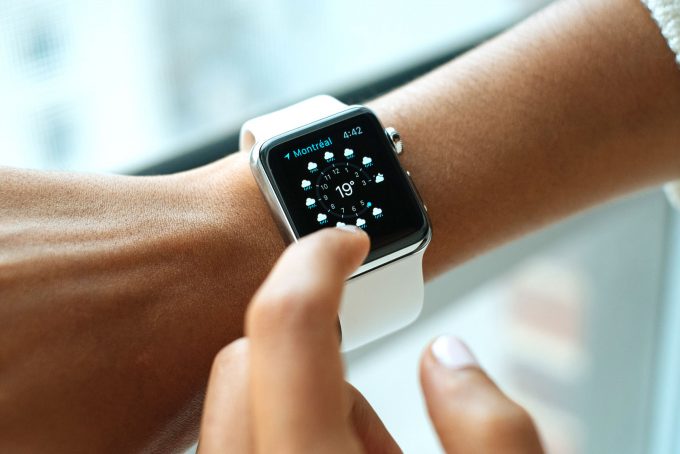
Tool Collections: Choose the Right Tools for Digital Collaboration and Learning
Tools for remote working and distance learning are currently in high demand. But which platforms are suitable and meet my requirements? How can I find an alternative if I am not allowed to use a particular software, for example, for data protection reasons? We present some tool collections which might be helpful for selecting new tools.
by Birgit Fingerle
With the Corona Pandemic, tools for digital meetings, collaboration, teaching and learning have become much more important. But the range of software is huge and the differences between them are not obvious at first glance. But what platforms can I use to conduct an online event, to efficiently collaborate with colleagues, to generate new ideas or design learning opportunities? In order to speed up the selection process, we have created an overview of some tool collections.
Toolkits for meetings and collaboration
- Search for services for more meaningful meetings and collaboration or find them grouped by category: Technologies for smart meetings
- Extensive collection of categories for tools meant for collaboration, team building and meetings: Tools for remote teams
- Padlet-Board on which tools for secure meetings and collaboration are collected: Remote Working and Learning Tools
- Toolset for virtual collaboration from the Global Design Thinking Alliance in the form of a Miro Board: Virtual Collaboration Toolset
- An overview of videoconferencing providers is provided in tabular form: Videoconferencing Guide
- Popular tools for video conferencing are presented digitally at MICEstens: 18 tools for video conferencing (German)
Tool collections for learning
- Top 200 Tools for Learning 2019 is a very well-known collection of learning tools that has been offered by Jane Hart for years. It is also divided into Top Tools for Personal & Professional Learning (PPL100), Top Tools for Workplace Learning (WPL100) and Top Tools for Higher Education (EDU100)
- Search for digital tools for teaching and learning: Tool-o-search (German)
- A guide to choosing the right webinar software: Webinar Software Comparison (German)
- The best webinar software at a glance according to their own statement: Webinar software comparison 2020 (German)
- A collection of tools created due to the Corona Pandemic is offered by the Hochschulforum Digitalisierung: Digital tools for online events (German)
Search for tool alternatives
The search for tool alternatives is useful if you like a certain software, but do not want or are not allowed to use it.
- Search for open source alternatives to well-known commercial tools: Open Source Builders
- Search for an alternative to a specific tool based on recommendations collected via croudsourcing: AlternativeTo
- Collection of ethical and privacy-conscious alternatives to well-known software: switching.software
- Online-Verzeichnis ethisch korrekter Alternativen zu etablierten Technologieangeboten: ethical.net
Author: Birgit Fingerle
Birgit Fingerle holds a diploma in economics and business administration and works at ZBW, among others, in the fields innovation management, open innovation, open science and currently in particular with the “Open Economics Guide”. Birgit Fingerle can also be found on Twitter.
Portrait, photographer: Northerncards©
View Comments

Digital Library: Simulation of User Interactions to Optimise Literature Searches
If you want to optimise the user experience in literature searches, this has...



